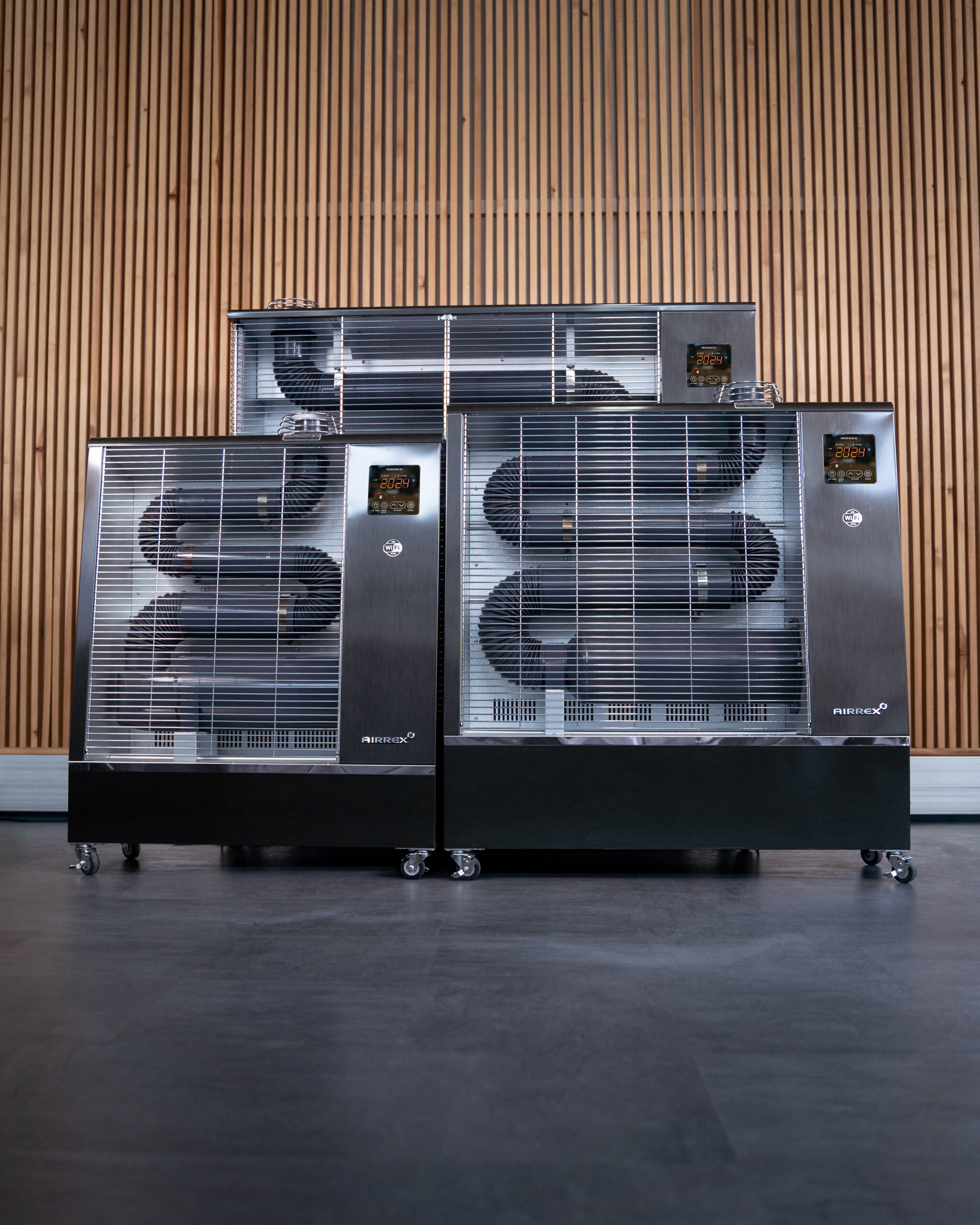Umming and Ahhing about a garden office? This might help
The Pros and Cons of a Garden Office, should I just keep clogging up the spare room?
Introduction
In recent years, and certainly since Covid, the concept of a garden office has gained significant popularity. With the shift towards remote working whether full or part time, many individuals have sought out creative solutions to create a productive and pleasant workspace at home. A garden office—a detached office space located in one's garden or backyard—offers a unique blend of home comfort and professional isolation. It frees up the dining table, or the spare room, and gives that degree of separation from home and work, that is often needed. Even if the commute is walking through the garden!
However, like any major decision, establishing a garden office comes with its own set of advantages and disadvantages. This blog explores the various pros and cons associated with a garden office, providing a comprehensive guide for those considering this work-from-home solution.
Pros of a Garden Office
Separation of Work and Home Life
One of the primary benefits of a garden office is the clear separation it provides between work and personal life. This physical division helps maintain a work-life balance, reducing the temptation to blur the lines between professional duties and home responsibilities. A dedicated office space away from the main house can significantly enhance focus and productivity, akin to the experience of commuting to a traditional office.

Increased Productivity
Garden offices often offer a quiet and peaceful environment, away from the usual household distractions. This tranquility can lead to increased concentration and efficiency. Without the interruptions common in a household setting, such as children, pets, or household chores, individuals can achieve a more consistent workflow. There is also less chance of the 'MUM!' or 'DAD!' the second you pick up the phone.
Customisable Space
A garden office allows for complete customisation according to personal and professional needs. Unlike a spare room or a corner in the house, a garden office can be designed from the ground up to suit specific preferences, including ergonomic furniture, sufficient lighting, and storage solutions. This tailored environment can significantly enhance comfort and productivity. As our studios are designed specifically for your space, we can tailor the windows and doors so that you can maximise all the views you have. Little things like using sliding doors instead of patio ones can not only give more space, but they also mean you aren't going to loose them in the wind!
Connection with Nature
Working in a garden office often means being surrounded by nature. This close connection with the outdoors can have numerous mental health benefits, including reduced stress levels and improved mood. The presence of plants, natural light, and fresh air can create a serene and inspiring workspace, contributing to overall well-being and job satisfaction. Imagine on a pretty spring day, just opening the door, and letting all that nature in, while working.
Added Property Value
Investing in a garden office can increase the overall value of your property. A well-designed, functional garden office can be a selling point for potential buyers who may also be interested in remote work or need extra space for various activities. This addition can provide a return on investment if you decide to sell your home in the future.
Flexibility
A garden office provides the flexibility to work according to your schedule without adhering to traditional office hours. This flexibility can lead to better work-life integration, allowing individuals to manage their time more effectively and accommodate personal commitments alongside professional responsibilities. How many hours a week would you save not having to commute? On average at least 6, and £10 a day saved too.
Cons of a Garden Office
Initial Cost
One of the significant drawbacks of a garden office is the initial setup cost. Building a garden office can be expensive, with costs varying depending on the size, design, and materials used. This financial investment might not be feasible for everyone, especially for those on a tight budget. Do shop around as well as there are lots of options and companies in this space. A word of caution though, if it is cheap, it is for a reason - mostly no insulation, or base costs, or electrics, or there will be something that comes along and surprises you.
Planning and Zoning Restrictions
Depending on your location, there may be planning and zoning restrictions that limit your ability to build a garden office. Obtaining the necessary permits and adhering to local building codes can be time-consuming and may involve additional costs. It is essential to research and understand these regulations before starting the project. Please be wary of any company who pay no heed to these rules. By planning law, your office has to be 1m away from the boundary line (on all sides) and at least 1.5m from the house (as a firebreak). A good company will tell you this. If planning comes a knockin' then if you have not adherded to the rules, then they can make you take it down. Whether you can take that up with the company afterwards, who knows. Best to just play it safe, or it could be horribly expensive.
Maintenance
A garden office can equire regular maintenance to keep it in good condition, depending on what it is constructed from. This includes cleaning, repairs, and potentially dealing with issues like dampness or pests. Unlike a home office, which is part of the main living space, a garden office is exposed to outdoor elements and may require more upkeep. Please speak to your supplier so that you know what to do in order to keep it in good condition for as long as possible.
Climate Control
Ensuring a comfortable working environment in a garden office can be challenging, particularly in extreme weather conditions. Heating and cooling a separate structure can be costly and may require additional insulation or climate control solutions. Without proper measures, the garden office could become too hot in the summer or too cold in the winter, affecting productivity. This is also the marked difference between a summerhouse, and a garden room.
Security Concerns
A garden office, being a separate structure from the main house, may pose security risks. It can be more vulnerable to break-ins or vandalism, especially if it is not equipped with adequate security measures. Installing alarm systems, secure locks, and lighting can mitigate some of these risks but also adds to the overall cost. Some well placed blinds can also help keep nosey types out too.

Internet and Utilities
Ensuring a reliable internet connection and access to utilities in a garden office can be a logistical challenge. Depending on the distance from the main house, you might need to extend electrical wiring, internet cables, or even plumbing. This process can be complex and costly, and any disruption in these services can hinder your ability to work effectively.
Isolation
While the solitude of a garden office can be beneficial for focus, it can also lead to feelings of isolation. For individuals who thrive on social interactions and collaboration, working alone in a garden office might become lonely over time. This isolation can affect mental health and reduce overall job satisfaction.
Space Limitations
The size of your garden office may be limited by the available space in your garden. This restriction can impact the functionality of the office, particularly if you require a larger workspace for equipment, storage, or meetings. Small garden offices may feel cramped and limit your ability to expand your operations. The garden space is not a Tardis, so best to go as large as you can (and can afford) at the start, as they are not easy to extend once installed.
Conclusion
A garden office offers a unique solution to the modern challenge of remote working, combining the benefits of a professional workspace with the comfort and convenience of being at home. The advantages, including a clear separation between work and home life, increased productivity, customisable space, connection with nature, added property value, flexibility, and environmental benefits, make it an attractive option for many.
However, it is essential to consider the potential downsides, such as the initial cost, planning and zoning restrictions, maintenance requirements, climate control challenges, security concerns, internet and utility logistics, potential feelings of isolation, and space limitations. By carefully weighing these pros and cons, individuals can make an informed decision about whether a garden office is the right choice for their needs.
Ultimately, the success of a garden office depends on personal preferences, professional requirements, and the specific circumstances of each individual. For some, the benefits may far outweigh the drawbacks, creating a perfect blend of productivity and tranquility. For others, the challenges may prove too significant, making alternative work-from-home solutions more suitable. Regardless, the rise of garden offices reflects a broader trend towards flexible, personalised work environments that cater to the diverse needs of the modern workforce.
For any further questions, and to book and appointment to view your options with us, please email on:
or call on: 01738 850203




